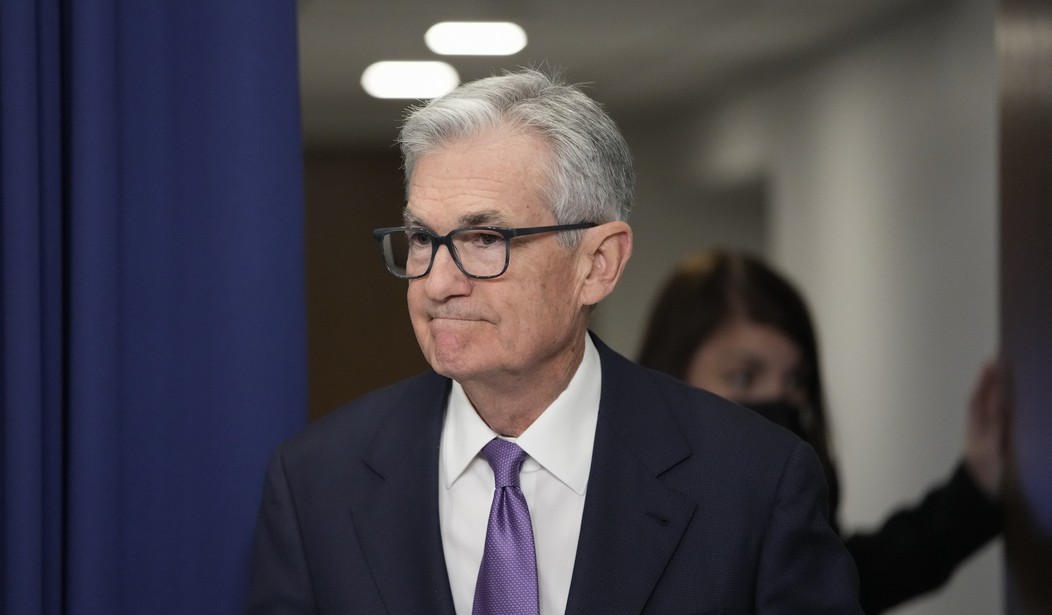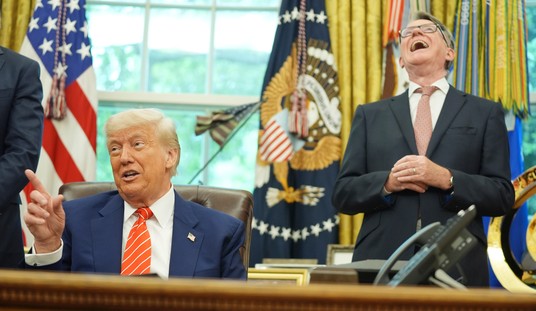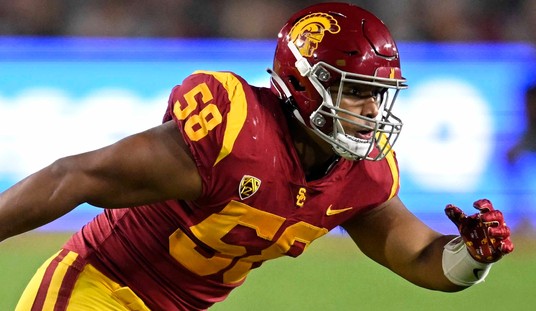Pop the champagne corks and start the celebration! Federal Reserve Chairman Jerome Powell told the Senate Banking Committee on Tuesday that the U.S. is "no longer an overheated economy." Does this mean we've licked inflation?
"We are well aware that we now face two-sided risks" and can no longer focus solely on inflation, Powell told Congress on Tuesday. "The labor market appears to be fully back in balance."
“For a long time, the risks were more that we would fail to hit our inflation target,” he said.
The latest jobs report showed a gain of around 200,000, the lowest gain of the year. But with tens of millions of illegal aliens who are beginning to enter the workforce, the unemployment rate has gone up to 4.1%.
The Fed will meet later this month, and the expectation is that there will be a small cut in interest rates. However, Powell stressed that it would depend on the inflation report scheduled to be released tomorrow, July 11. Analysts believe that if the rate is above the projected 3.1%, Powell may hold off on any rate cut.
Through last year, Fed officials were laser focused on elevated inflation. They haven’t had to worry too much about trade-offs between fighting inflation with higher rates and an increase in joblessness because businesses were scrambling to fill open jobs amid the reopening from the pandemic.
Now, officials are trying to balance the risk of moving too slowly to reduce interest rates with the risk of moving too soon. While layoffs are currently low, they tend to rise rapidly as the economy weakens, which argues against keeping rates too high. But lowering rates too soon could ignite economic activity and allow inflation to settle out above the Fed’s target.
"Any move to lower rates before Nov. 5 would be a bad perception," Senator Kevin Cramer (R-N.D.) said to Powell.
Powell wouldn't be the first Fed chair to be the victim of presidential jawboning about interest rates. Jimmy Carter was notorious for trying to shame then-Fed Chairman Paul Volcker into cutting the prime interest rate, which Volcker was calmly jacking up to its eventual high of 21%. The move devastated the economy but wrung inflation out of the system—until Biden reintroduced high inflation after the pandemic.
It was one of several moments in the hearing that, explicitly or not, were framed by the presidential vote, the political sensitivity of coming Fed decisions, and suggestions by some close to Republican candidate and former President Donald Trump that the Fed should be brought under tighter political oversight - a counter to widely accepted norms.
Powell throughout the hearing emphasized the importance of Fed independence in rate setting, as well as his own intent to stick with data-based decision-making.
The Federal Reserve's independence is paramount to the health of the American economy. Imagine a president being able to bully the Federal Reserve into cutting rates and easing up on the money supply just to get re-elected.
The Fed has worked quite well in most respects for more than 100 years. Tweaking its charter to make it more politically pliable is tempting fate.










Join the conversation as a VIP Member